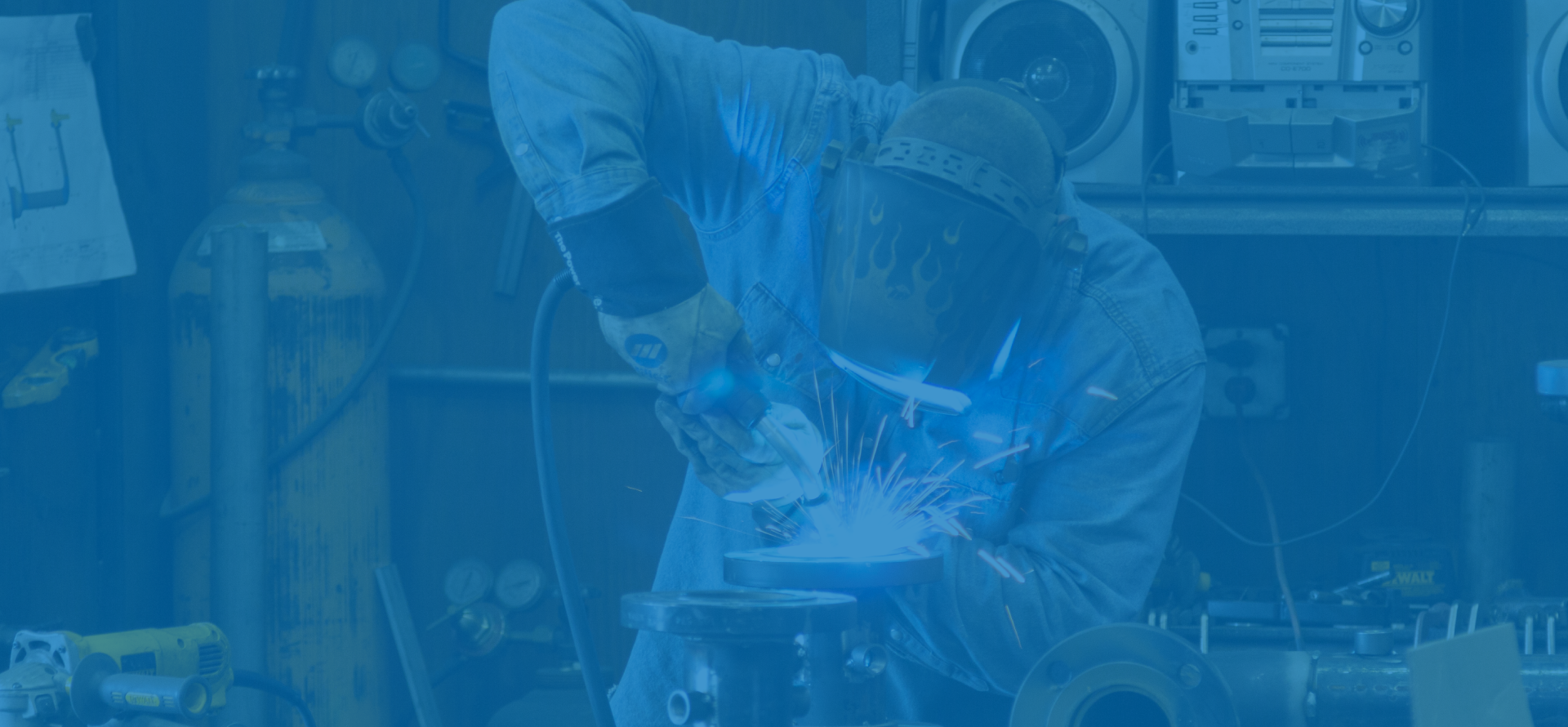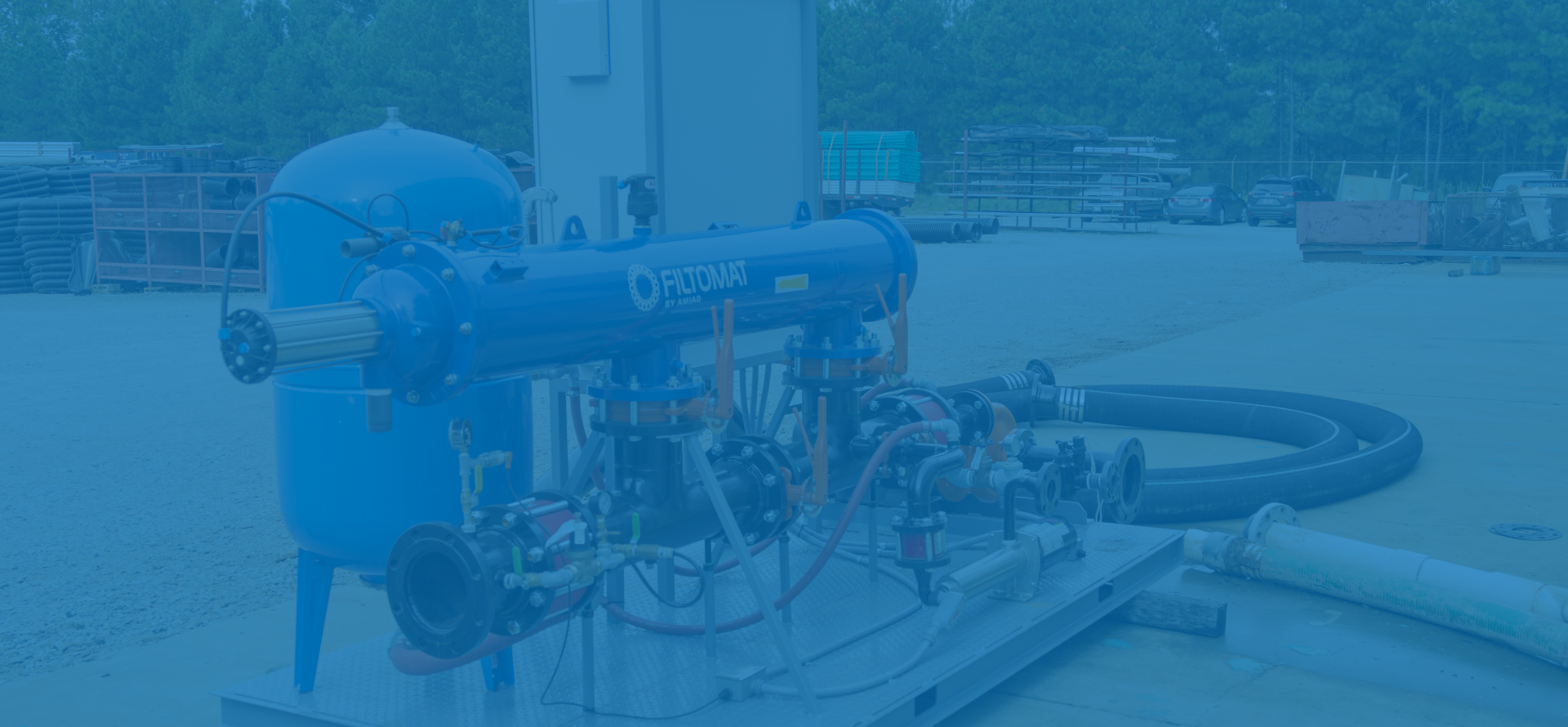If your business deals with industrial corrosive fluids handling, it is time to contact specialists in the field of fluids handling. Many plumbers and technicians can effectively put together the fluid handling solution for water and other non-hazardous liquids. However, when it comes to dangerous chemicals, it pays to bring in professionals who are trained to work with industrial piping systems. Quality and safety hang in the balance when you work with industrial corrosive fluids handling, therefore professional expertise and top notch systems and parts are essential.
What A Professional Can Do
A professional in industrial corrosive fluids handling can design the optimal solution to transport fluid in your business. He or she can advise you on the right type of piping systems to use in order to provide the best protection possible. Engineers can determine the adequate size needed to handle your firm’s needs. They can set up and test the piping systems designed to handle corrosive fluids, so that you are confident in the safety and security of the systems in your business.
Your industrial corrosive fluids handling system usually requires special training for the maintenance staff to be able to safely handle any repair needs. Often time a professional is needed to provide expert advice. An expert can effectively and quickly repair the pumps, piping, valves and gaskets that make up your system to ensure that you experience minimal downtime. If replacement of your line or a portion of it is necessary, a professional is often able to run a parallel system while making the transition, so you are not losing valuable production time.
The Right Parts To Do The Job Right
For industrial corrosive fluids handling, specialized piping is necessary. Dual contained piping systems are critical to the safe handling of many such fluids. With the dual contained piping system, there is essentially a pipe within a pipe. The space between is monitored in order to detect leakage as soon as it occurs and long before they become a hazard to people or the environment. It increases safety and protection and gives peace of mind to those dealing with such substances.
Process piping systems that are designed to handle the fluids you deal with are also an integral part of safely handling those substances. Made from a variety of materials, they have in-line components that control and monitor temperature, flowrate and pressure of the fluids flowing through them.
What Happens When Industrial Corrosive Fluids Handling Is Not Taken Care Of
When industrial corrosive fluids handling is not taken care of professionally and effectively, it is a disaster waiting to happen. The wrong piping systems, or ineffective monitoring, can mean that leaks occur putting the site, the environment and, most importantly, people at risk. Serious injury and even death may occur when individuals are exposed to corrosive fluids.
One industrial accident involving corrosive fluids can easily be the downfall of a company. If negligence is found to be the cause of such an accident; lawsuits, fines and repairs can easily wipe out the most solvent of companies. Prevent industrial corrosive fluids disasters by taking the right preventative steps now.








